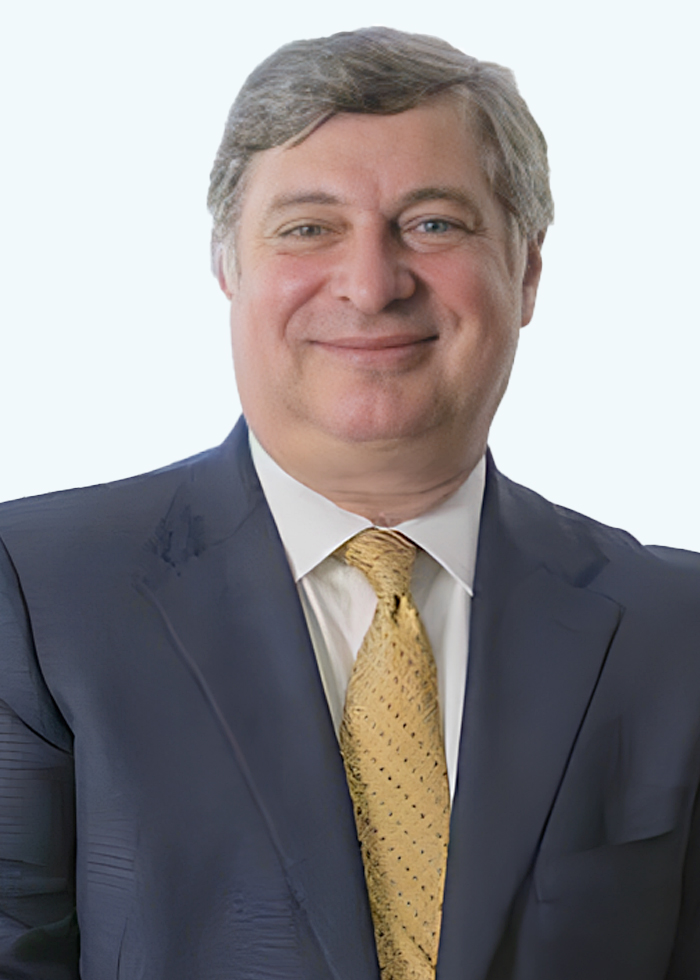I received a call recently from a client in New Jersey who asked me if she needed a confidentiality agreement to discuss her invention with a potential manufacturer. A confidentiality agreement is an agreement to keep information exchanged between parties confidential. Confidentiality agreements are also known as secrecy agreements or non-disclosure agreements. They all essentially the same thing and serve essentially the same purpose.
Understanding confidentiality agreements is important tool to help an inventor to properly protect an idea. As an inventor you should be thoroughly knowledgeable about confidentiality agreements, when and how to use them during the commercialization of your idea.
You should try to get confidentiality agreements with everyone who will learn about your idea. No ands, ifs or buts. Don’t let anyone talk you out of this principle, or get sloppy on this issue. If your potential vendor or partner won’t sign an agreement then they may not be trustworthy and this is a red flag. You should carefully consider whether a relationship with this company or person is worthwhile and consider other options before moving forward without an agreement.
Getting a confidentiality agreement is especially important before you file a patent. There are several reasons for this.
First, a confidentiality agreement gives you at least some comfort that you have recourse if your secrets are breached. It constitutes an agreement that whatever you tell the recipient about your invention, it will be held in confidence. A confidentiality agreement can help you build a relationship with a vendor, supplier or investor and promote a free exchange of ideas. The act of signing the agreement also heightens the awareness of the confidentiality obligations with the parties. Of course, the existence of an agreement in and of itself is never guarantee and it is best to know and trust the people with whom you are doing business. But a confidentiality agreement can give you recourse if a mistake is made or you trusted the wrong person. You have at least some protection even if you haven’t filed a patent yet.
Second, US Patent law requires that any patent application filed must be done within one year of a public disclosure. Even minor disclosures under the wrong circumstances can start the one year clock. It is easy to lose track of the time between the disclosures and patent filing. You may inadvertently ruin your chances for a valid patent if you make such a disclosure. If a confidentiality agreement is in place between you and the recipient of the confidential information, the one year clock does not start when the information about your invention is exchanged. A confidentiality agreement gives you more time to file the patent.
A confidentiality agreement is even more important if you plan to pursue international patent rights. Most countries outside the US have what’s known as an absolute novelty bar. Instead of giving a one year grace period, as does the US, countries with an absolute novelty bar consider any disclosure before the filing of a patent invalid. The absolute novelty bar applies for European countries, China, Latin American countries, etc. If any disclosure of the invention is made anywhere in the world before the first patent application is filed, the right to file a patent is lost and any subsequent patent claiming the application is invalid. Again, if a confidentiality agreement is in place between the inventor and the recipient of the information, the absolute novelty bar is not triggered, and the disclosure is acceptable.
Understanding when and how to use confidentiality agreements is important for your success. In later posts we will discuss confidentiality agreements in more detail.

